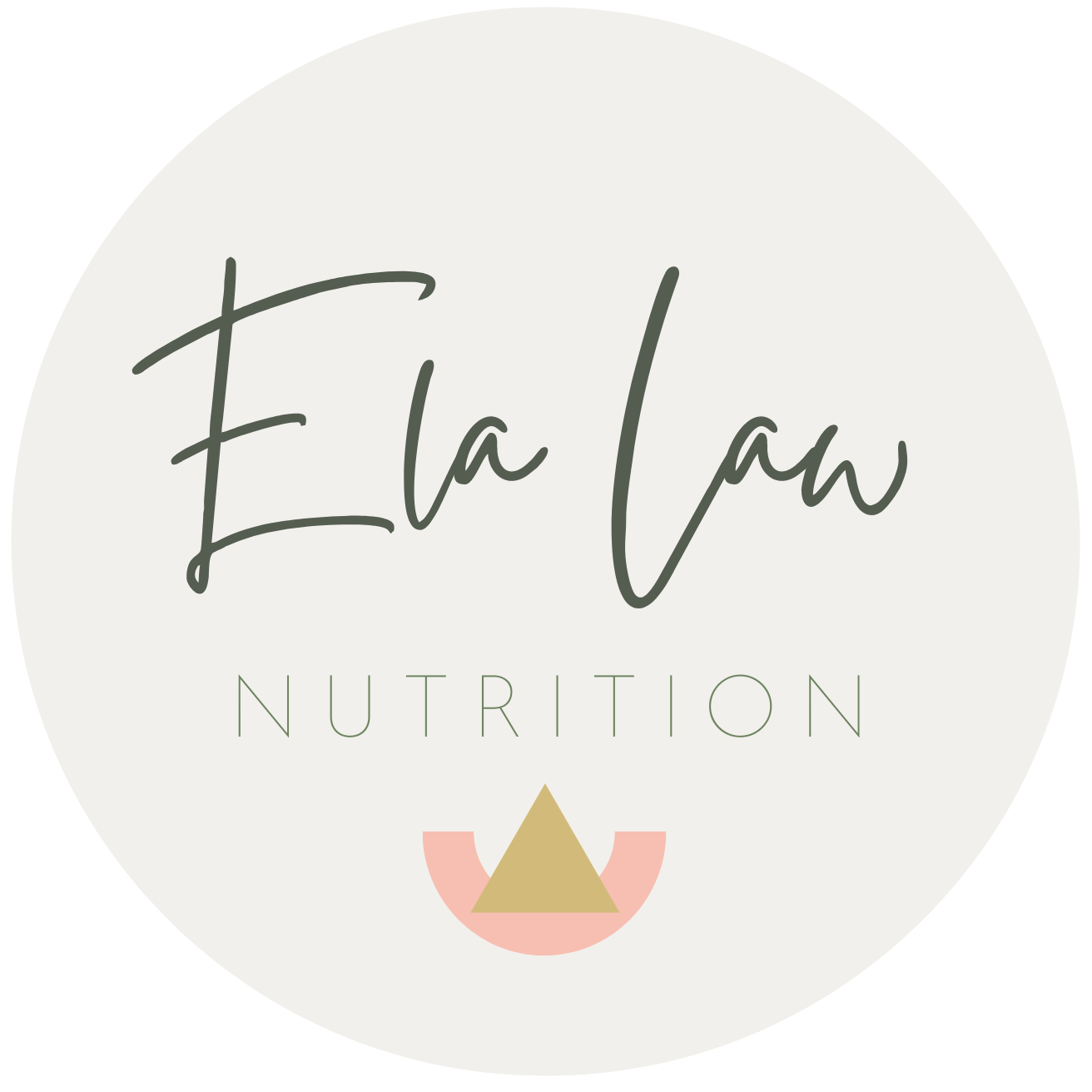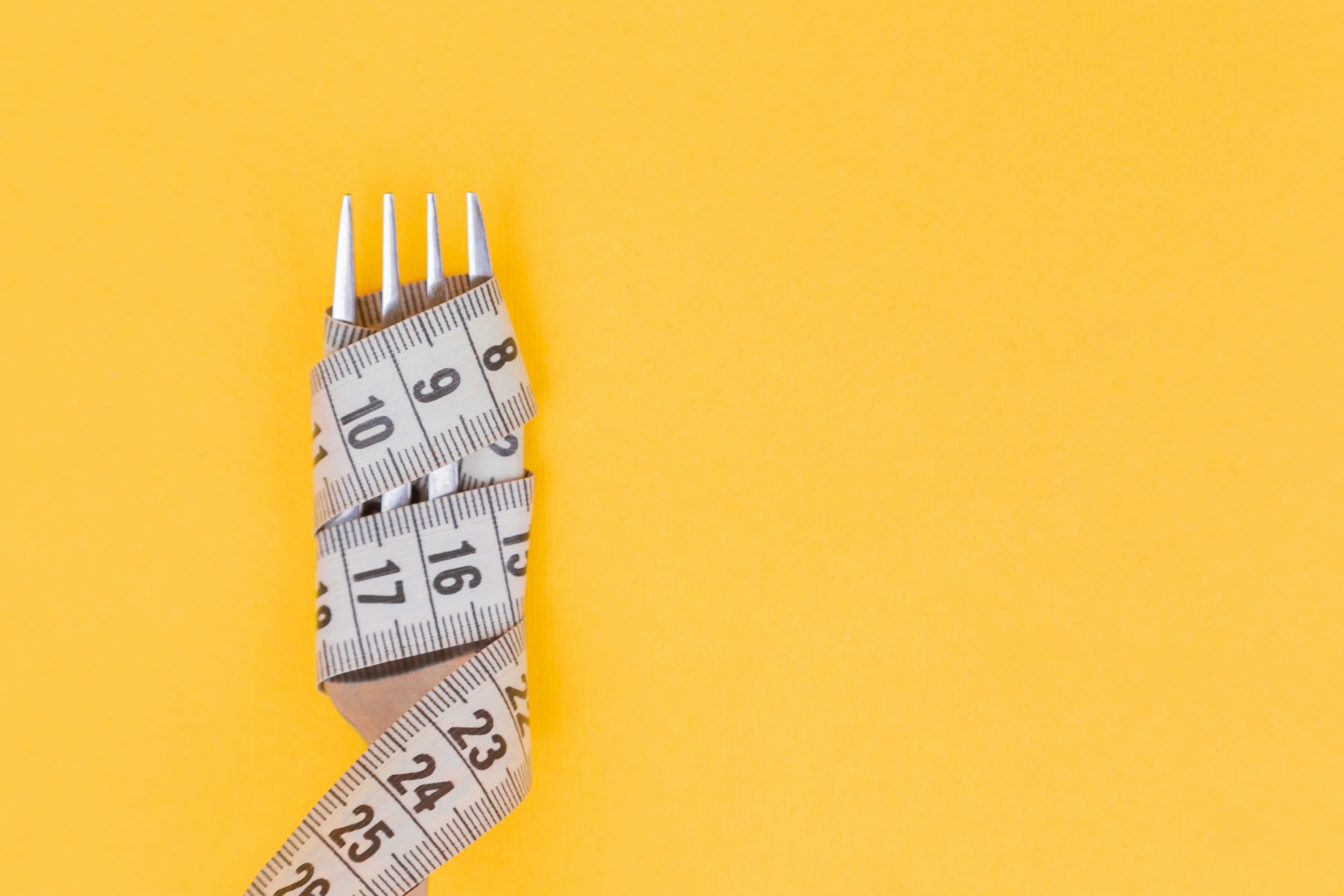Why is it so difficult to lose weight long-term?
Before I start answering this question, I would like to say that I have lots of compassion for anyone who wants to lose weight. That’s what diet culture, friends and healthcare professionals tell us to do all the time, right? So, I completely understand your desire to diet. But knowing how harmful diet culture can be and how dieting is likely to lead to more weight gain (yes, you heard correctly! - check out my blogs on diet culture and diet traps to find out more), my aim is to shift people’s focus away from obsessing about weight and towards enjoying food again and respecting their body. A good starting point is realising that there is no specific ideal weight that works for everybody, but that there is a specific ideal weight for EVERY BODY (and this weight may not be what you had in mind..)
If you have ever dieted you may remember what I call the ‘diet honeymoon’ phase. It’s when you start out on a new diet and it works! You lose some weight, you find sticking to the plan easy and are full of motivation to keep going. You feel great and get compliments about looking well. And then you plateau. Or you ‘cheat’ on the diet plan and feel guilty. Or you start finding it difficult to think about anything other than calories, macros, or food in general. Or you really start missing the things that are out of bounds on this meal plan. Or you ‘slipped up’ and give up on the diet altogether.
Diets can be in this honeymoon phase for up to a year. But the next year is when the weight is slowly gained back. And 2-3 years later, it’s usually all back, and often some more has been gained.
So why does that happen??
Mostly because of biology! Without going into too much scientific detail, there are a few powerful biological determinants at play when you attempt intentional weight-loss:
Firstly, your weight is in part genetically determined, that is, there is a weight range that your body genetically feels comfortable at and that can be maintained by intuitive eating and listening to your body’s internal cues.
This weight range can move up, but it’s a lot harder to move it down. If you imagine a bowl of water and a cork swimming in it, the cork will sit comfortably on the surface. Now think of restricting food/dieting as trying to push the cork down into the water. There will be a lot of resistance and the cork will want to bounce back to the surface. You can add water (aka weight) to the bowl, and the cork will happily bounce at the new level, but it will still be hard to force it back down (i.e. lose weight).
Another way of looking at it is a pendulum. It is at neutral when it’s just hanging down (this would be your weight set point range at which your body feels comfortable). If you swing it one way by dieting and restricting food intake, it won’t just swing back to the neutral position, it will swing back the other way (so you will go to the other end of the spectrum in terms of weight).
The reason the cork wants to push back up or the pendulum wants to swing the other way is because with restriction and dieting our body kicks back with a surge in hunger hormones and neurotransmitters that shout loudly ‘give me food!’ In addition, the brain increases the reward value it places on food and makes you crave more energy dense foods to make up for the deficit you have put your body under. This is hard to resist. And usually your body gets what it wants, because it is trying to survive and it is hardwired to make sure you eat!
Will I be able to lose weight with intuitive eating then?
Unfortunately, that is something no one can predict. Intuitive eating will generally lead you to a weight your body is comfortable at; this might be higher, lower or the same as your current weight. What it will do, though, is help your pendulum stay in neutral and your cork bob about happily! Which in turn means that you won’t have to get stressed and obsessed about what you eat, your body will be healthier because you don’t subject it to the negative health effects of yo-yo dieting (or weight-cycling) and you will have more time to do the things you love doing!
Find your neutral!
Love
Ela x


